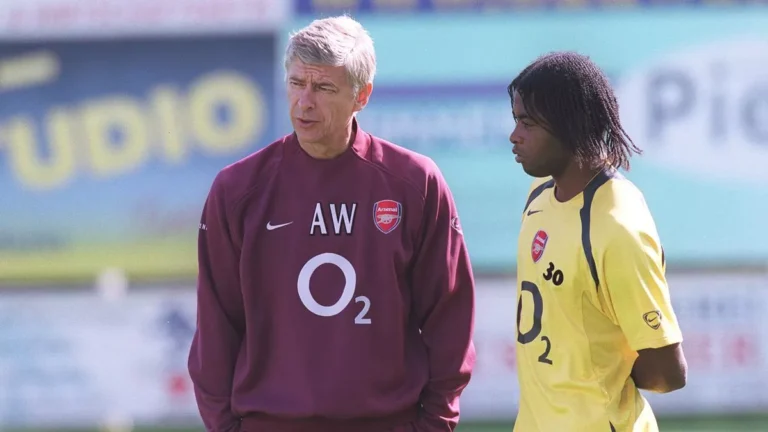
Johan Cruyff: Father of Modern Game and Shaper of Dutch Culture
In the annals of football history, few names resonate as profoundly as Johan Cruyff. Revered not only for his unparalleled prowess on the pitch but also for his revolutionary impact on the sport, Cruyff is often hailed as the father of modern football. His legacy, however, transcends the boundaries of the game, permeating Dutch culture and influencing generations.
Born in Amsterdam in 1947, Johan Cruyff’s journey to football greatness began in the streets of his hometown. Joining Ajax’s youth academy at the age of 10, he quickly showcased his extraordinary talent, making his first-team debut at just 17. By the late 1960s and early 1970s, Cruyff had become the linchpin of Ajax’s golden era, leading the team to three consecutive European Cup victories from 1971 to 1973.
Cruyff’s brilliance on the field was characterized by his exceptional vision, technical skill, and tactical intelligence. His ability to read the game and execute precise movements made him a maestro orchestrating the flow of play. The “Cruyff Turn,” a move he famously executed during the 1974 World Cup, epitomizes his innovative approach to the game and remains a fundamental skill taught in football academies worldwide.
Yet, Cruyff’s influence extended far beyond his individual brilliance. He was a proponent of “Total Football,” a tactical theory that revolutionized the sport. Under the guidance of coach Rinus Michels at Ajax and later at Barcelona, Cruyff became the embodiment of this philosophy, which emphasized fluidity, positional interchangeability, and high pressing. This approach not only brought unprecedented success but also reshaped the way football was played, laying the groundwork for the modern game’s dynamic and attacking style.
Cruyff’s tenure at Barcelona as both a player and a manager further solidified his legendary status. His arrival at the Catalan club in 1973 as a player coincided with the team’s resurgence, culminating in a La Liga title in 1974. However, it was his managerial stint from 1988 to 1996 that left an indelible mark. Cruyff’s “Dream Team” won four consecutive La Liga titles and secured the club’s first European Cup in 1992. His emphasis on nurturing young talent from the famed La Masia academy laid the foundation for Barcelona’s sustained success and the emergence of players like Pep Guardiola, Xavi, and Andrés Iniesta.
Beyond his tactical genius, Johan Cruyff was a cultural icon in the Netherlands. His straightforwardness, often seen as blunt, mirrored the Dutch ethos of directness. Cruyff’s philosophies transcended football, influencing Dutch attitudes towards innovation, creativity, and independence. His belief in the power of education and self-improvement resonated widely, fostering a culture of continuous learning and growth.
Cruyff’s philanthropic efforts further highlighted his commitment to societal betterment. The Johan Cruyff Foundation, established in 1997, has been instrumental in promoting sports for children with disabilities, ensuring that his legacy of inclusivity and empowerment endures.
Johan Cruyff’s impact on football and Dutch culture is immeasurable. As the architect of modern football, his contributions to the game are celebrated globally. In the Netherlands, his influence permeates various facets of life, from sports to education and beyond. Cruyff’s visionary approach and relentless pursuit of excellence continue to inspire, ensuring that his legacy will be cherished for generations to come.


